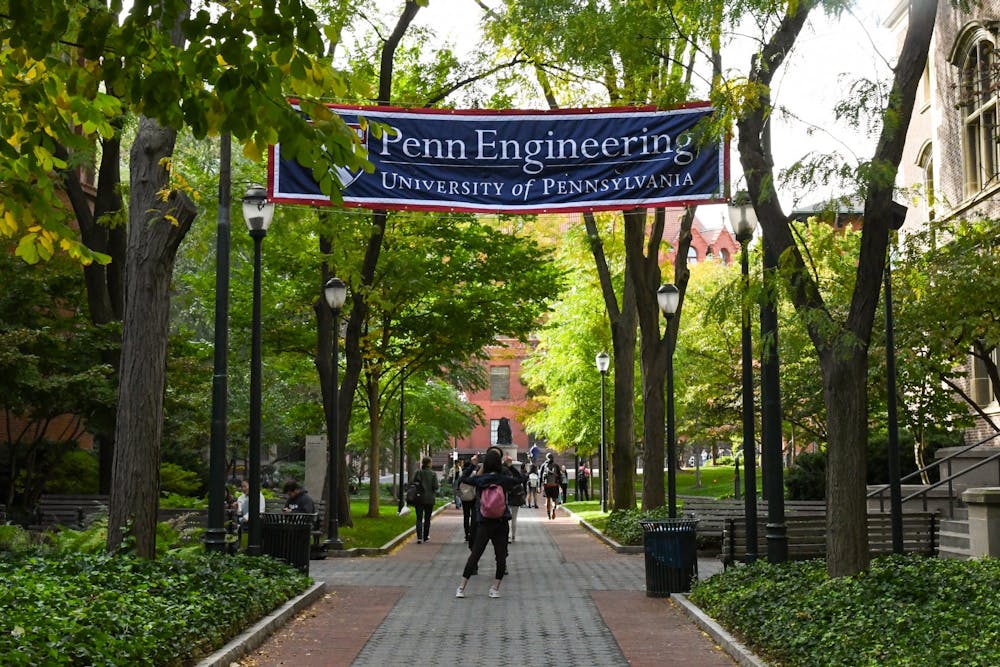
Penn has received $505,000 in grant funding to increase the inclusivity of STEM education.
Penn received the grant from the Howard Hughes Medical Institute, according to Penn Today. The grant — which comes in addition to $385,000 of the University’s own funds — will be used to examine and improve diversity in introductory science courses.
Awarded by HHMI’s Inclusive Excellence 3 initiative, the grant is given over a six-year time period and is intended to allow schools “to continue their critical work to build capacity for inclusion of all students in science.”
Penn is among 104 institutions receiving a grant, with each university having worked in one of seven 15-school Learning Community Clusters to develop proposals.
Dean of the College of Arts and Sciences Paul Sniegowski led the investigation for Penn. In a conversation with Penn Today, he said that the “stereotype threat” is a major obstacle for students who might feel out of place in a classroom.
“If they feel that threat, they underperform. But, if you take the right steps to diminish or ideally eliminate that sense of stereotype threat, then students flourish and perform up to their ability,” he said.
With part of the money to go toward hiring “an expert in inclusive teaching evaluation,” according to Penn Today, administrators hope to diminish that threat.
President Liz Magill told Penn Today that “the goal is to identify historically underrepresented students interested in STEM careers early and to keep them on track for those careers by ensuring that they can thrive in our classrooms.”
Interim Provost Beth A. Winkelstein added to Penn Today the importance of diversity for the betterment of “our classrooms, our communities, and our society as a whole.”
Recent progress has been made at Penn to increase diversity among professors from underrepresented backgrounds. Along with many other academic institutions, Penn has long struggled with alleged patterns of racism in STEM areas.
As of 2020, only 19% of the School of Engineering and Applied Science's standing faculty were women, while the University-wide statistic stands at 38.3% women, with 1.3% of faculty identifying as non-cisgender. Among students, underrepresented groups are also comparatively lower.
Similar disparities exist at peer institutions. Where 38% of Princeton’s faculty and 41% of Yale’s are non-men, they make up only 23% and 19% of engineering faculty at each respective school.
The Daily Pennsylvanian is an independent, student-run newspaper. Please consider making a donation to support the coverage that shapes the University. Your generosity ensures a future of strong journalism at Penn.
Donate







